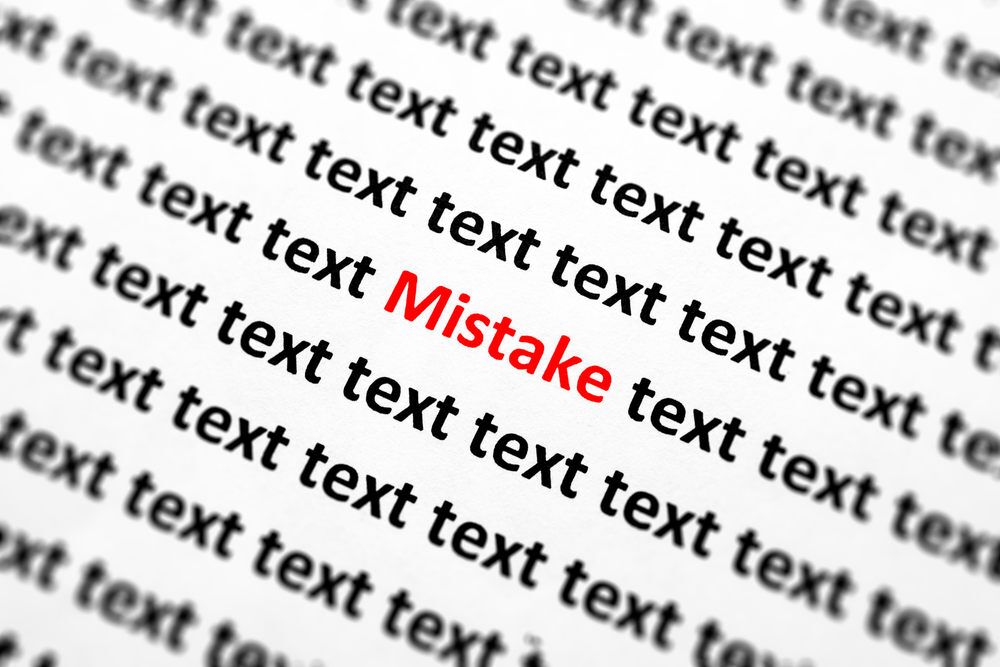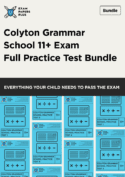
How to Help Your Child Prepare for their SATs Exam
Bookmark this page? Pop your email into the box below to receive a link to this article so you can easily refer back to it later.
Table of Contents
Primary school SATs tests can be an anxious time for children and their parents. However, as a parent or guardian there is plenty you can do at home to prepare your child for the exams. In this article, we share some advice on how to teach key strategies to help your child in the SATs.
Mental Maths Should be Routine
At KS2 level, pupils are required to complete three maths papers: one in arithmetic and two in reasoning. In all three papers, they will need to demonstrate good mental maths skills, so encouraging your child to ‘think on their feet’ should become part of their daily routine when revising for the SATs.
There are plenty of easy ways to teach the necessary skills for mental maths in everyday life. For example, put children in charge of checking shopping receipts to make sure they add up, or count change to test their addition skills. Mental maths can be difficult for some children to grasp, but if you teach them to focus on the numbers and concentrate on which calculation is required, they will soon begin to find the correct answers.
Skimming and Scanning of Texts

In the English reading comprehension SAT, children are given one hour to read the text and complete the questions in the accompanying answer booklet. As the text can be quite long, pupils often find that they don’t have enough time to complete the whole paper after reading it through. Teaching your child how to extract key information from texts using skimming and scanning will really help improve their time management skills.
Skimming and scanning involves locating important information by focusing on headings and sub-headings in order to find the relevant sentences that contain the answers the examiner is looking for.
Understand Weighted Marks
When it comes to teaching for the SATs from home, parents should make their children aware of the weighting of the marks against each question. The more straightforward questions are usually awarded one mark, whereas more complex or longer answers are awarded two, or even three marks.
Of course, children should always aim to answer all the questions on the paper, but they should pay particularly close attention to questions that are worth more marks.
Expand Vocabulary

In the English SAT, children must be able to use a variety of sentences and so will need a good vocabulary. When teaching for the SAT, encourage your child to create a vocabulary list, made up of new words, or any words that they don’t recognise. If a child is unable to work out a word’s meaning from its context, that word should be added to the list.
With practice, children will learn to understand the meaning of the word and use it correctly in a sentence. Once they have achieved this, move on to a new list of words. Try to ensure that your child always has a ‘new words’ list on the go. Reading is one of the best ways of improving vocabulary, so take a look at our SATs Reading Tips post for more advice.
Use Practice Exam Papers
Practice exam papers are one of the best resources parents can use when preparing for SATs. Not only can they help familiarise your child with the layout of the exams, the can also quickly highlight where your child’s strengths and weaknesses lie.
Our SATs practice papers come complete with marking schemes that enable you to check your child’s answers and track their progress in the lead up to the exam. At Exam Papers Plus, we have several SATs resources that will help your child prepare for the tests:
Key Stage 1 SATs Practice Test 1
Key Stage 1 SATs Practice Test 2
Key Stage 2 SATs Practice Test 1
Key Stage 2 SATs Practice Test 2
Previous SATs have shown that students tend to score less in questions that are placed towards the end of the test paper. This could indicate that pupils are often struggling to manage their time correctly.
Practice papers can help your child improve their time management skills, by giving them the experience of gauging how quickly they need to answer each type of question. When teaching SATs skills, you should set your child the task of completing each test paper with ten minutes to spare, so they can return to any unanswered questions.
Answer All Questions
Too often, children leave the harder questions unanswered. As the difficult questions are usually worth the most marks, children are missing out on potentially higher scores. Try to encourage your child to answer as many questions as possible. An unanswered question will of course receive no mark, but if your child aims to write some form of an answer, even if it is a complete guess, they might pick up the odd mark or two.
Parents are well-placed to help their children prepare for the SATs exam at home. As with all exams, practice makes perfect, so make good use of our practice SATs papers to easily track your child’s progress in the countdown to exam day.
Related posts:
Key Stage 2 SATs: A Parent’s Guide
Bookmark this page? Pop your email into the box below to receive a link to this article so you can easily refer back to it later.
















